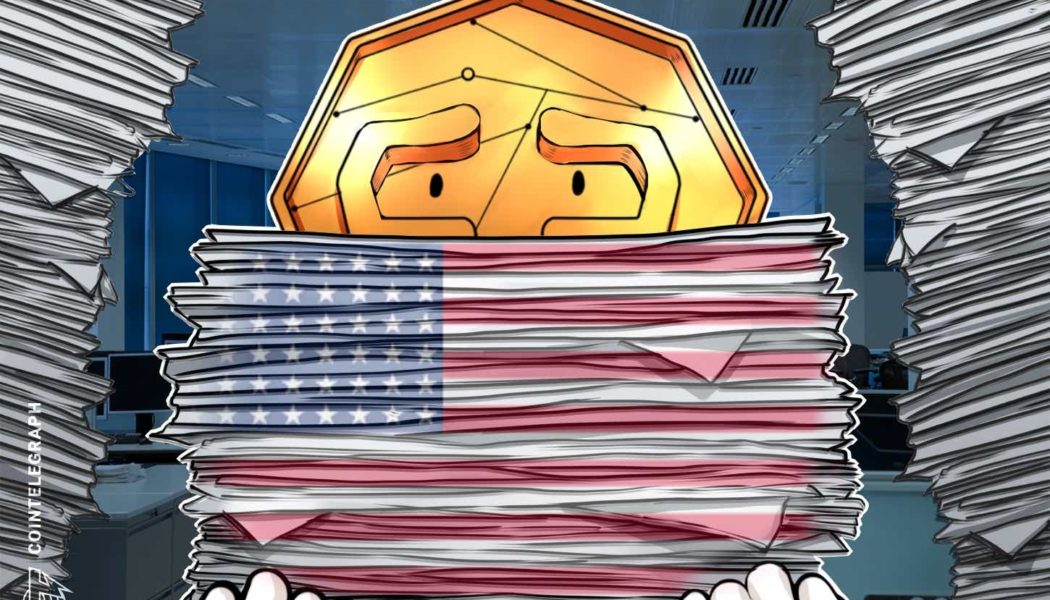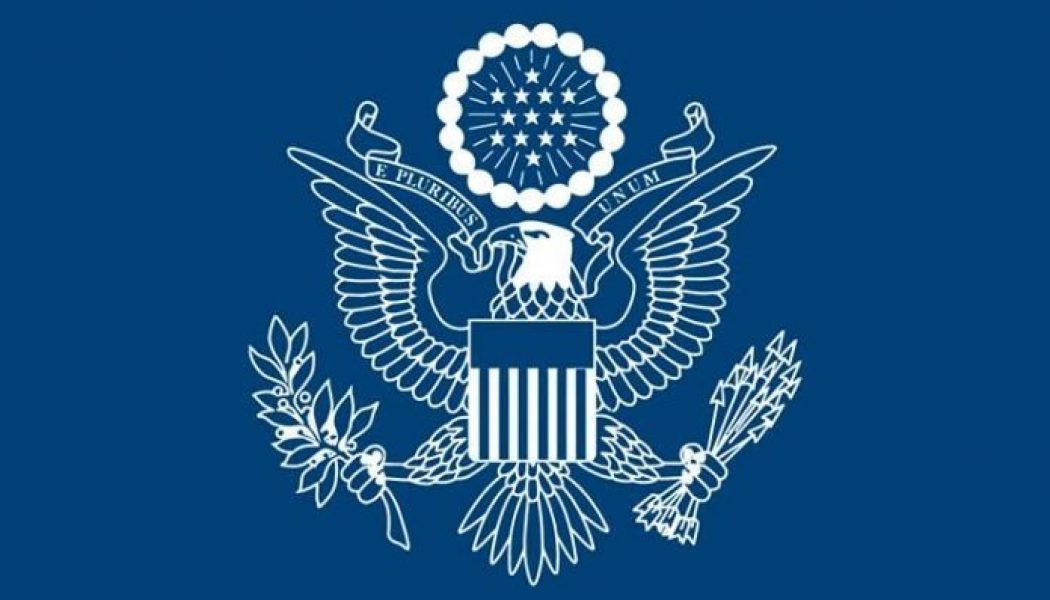Privacy
Trezor removes controversial address verification protocol, other wallets follow suit
Since 2019, Swiss financial crypto intermediaries have required proof of ownership of an external wallet’s address for Bitcoin withdrawals and deposits to their customers’ non-custodial wallets. One automated mechanism used for this is the Address Ownership Proof Protocol, or AOPP. The Trezor hardware wallet introduced AOPP signing as part of its latest January update last week, allowing users to generate signatures that conform to the AOPP standard used in certain jurisdictions. On Jan. 28, Trezor announced that it will remove this protocol in the next Trezor Suite update “after careful consideration of recent feedback.” Recent feedback refers to Reddit and Twitter users who were concerned that the use of AOPP signaled Trezor’s support f...
Crypto policy advocacy group warns of ‘disastrous’ provision in a new US bill
Jerry Brito, the executive director of non-profit crypto policy advocate group Coin Center, suggested U.S. residents call their elected officials over possible privacy and due process concerns in a new bill proposed by House leaders. According to a Wednesday Twitter thread from Brito, the America COMPETES Act recently released by House members contains a provision that he said would be “disastrous” for crypto users from both a privacy and due process standpoint. According to the Coin Center director, a section of the bill on the “prohibitions or conditions on certain transmittals of funds” proposed by Representative Jim Himes would give the U.S. Secretary of the Treasury “unchecked and unilateral power to ban exchanges and other financial institutions from engaging in cryptocurrency transa...













